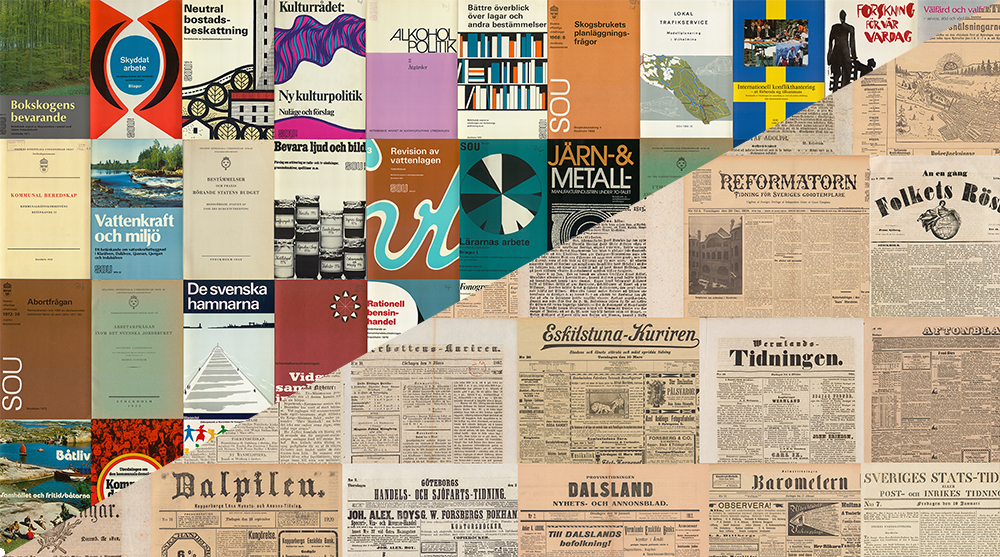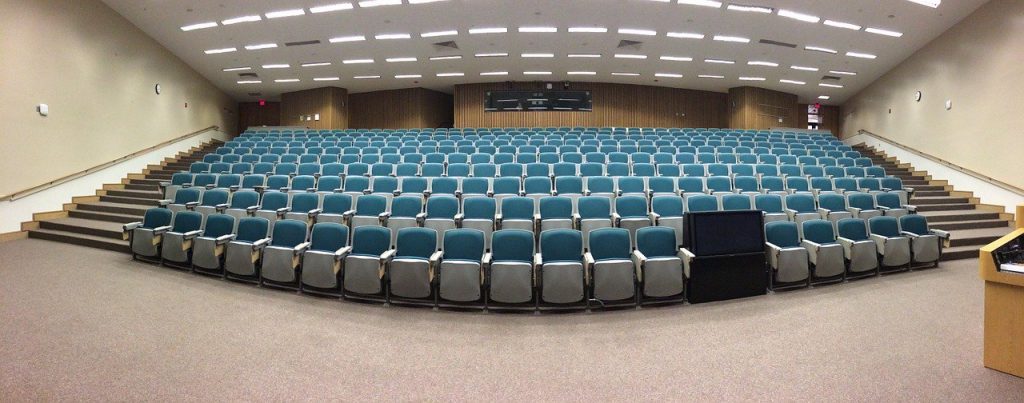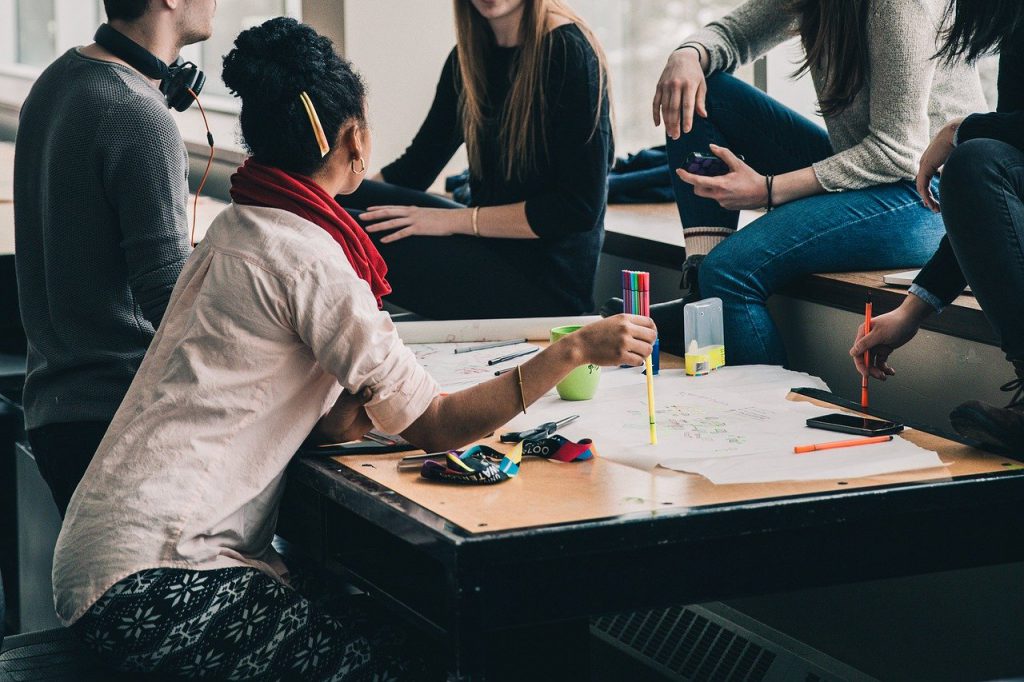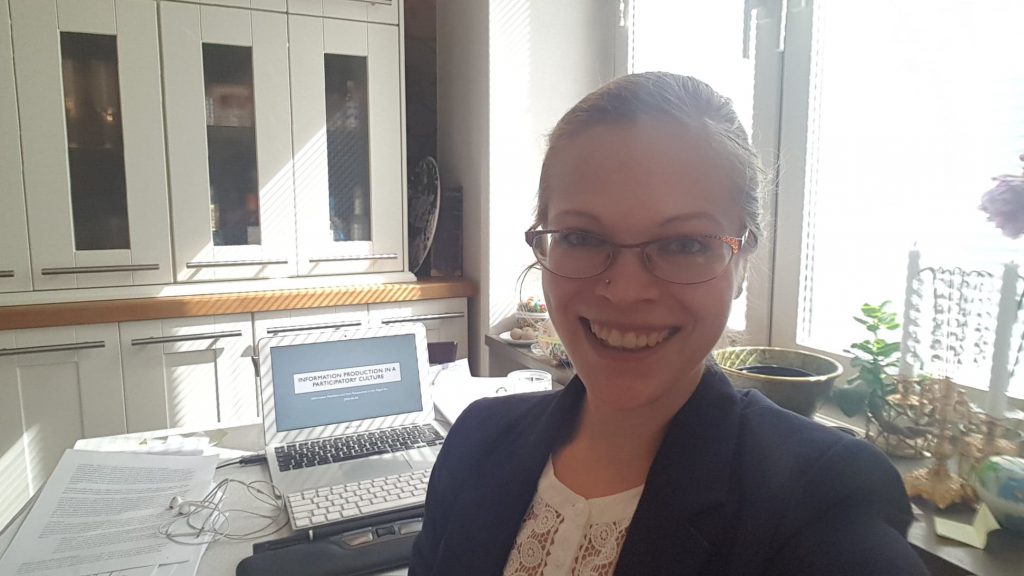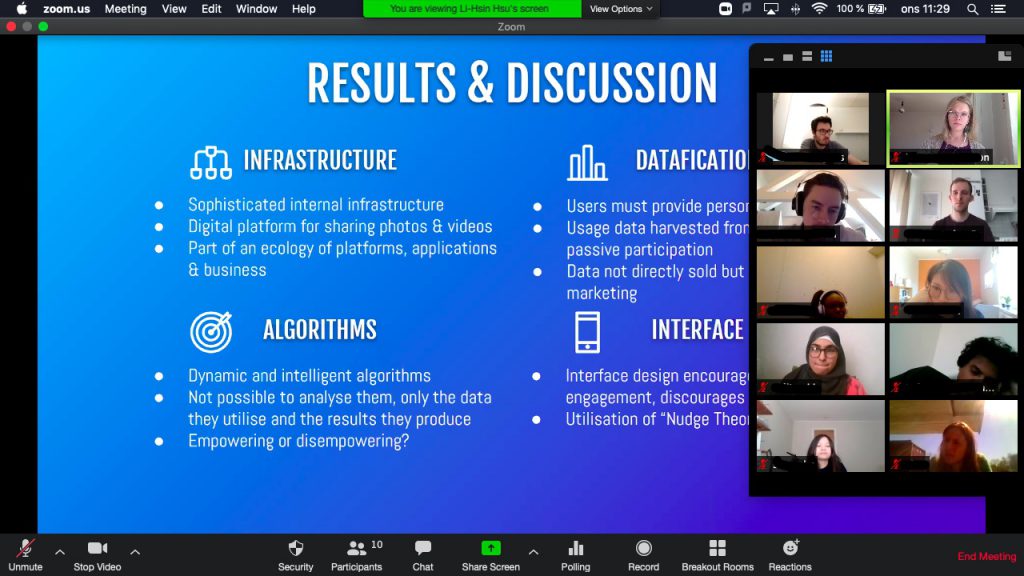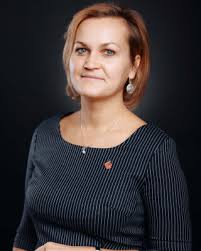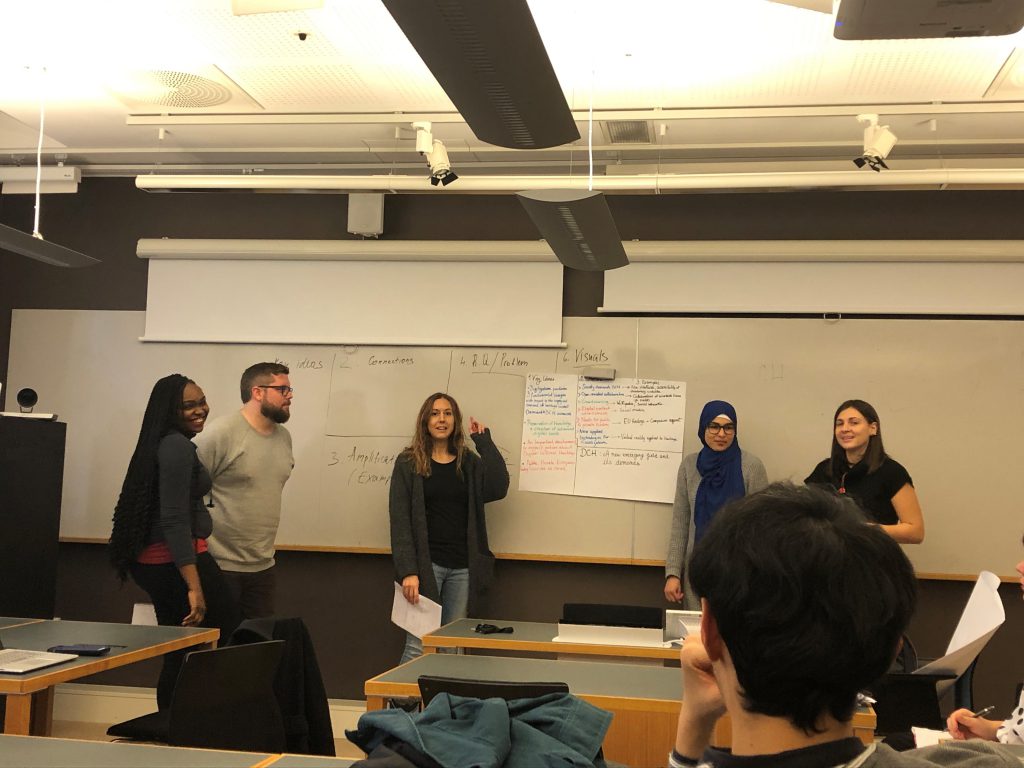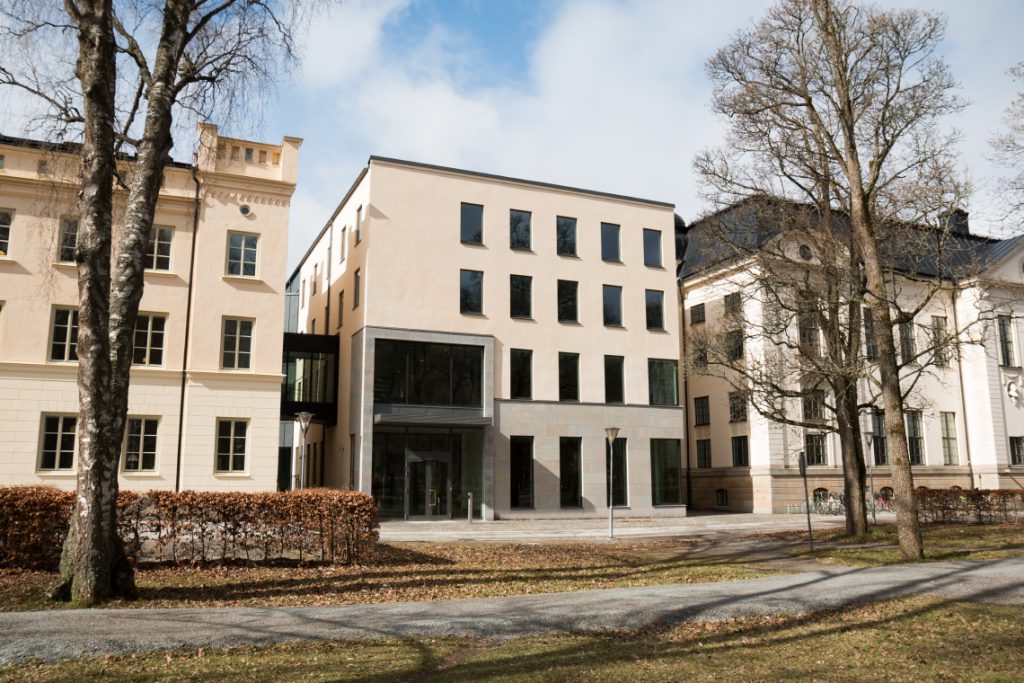Teaching Digital Methods in the Humanities and Social Sciences at Center for Digital Humanities Uppsala (CDHU)
Their webpage: https://www.abm.uu.se/cdhu-eng/events-en/event-en/eventdetail-en/?eventId=62720
- Date: 22 September, 14:15–16:00
- Location: Zoom
- Lecturer: Johan Jarlbrink, Fredrik Norén, Thomas Nygren, Kristen Schuster
- Organiser: CDHU
- Last day of registration: 9/21/2021 at. 2:00 PM.
- Contact person: Karl Berglund
- Sign up for this event
- Seminarium
Research in the humanities and social sciences are increasingly incorporating digital methods, but integrating such elements in teaching at the BA and MA levels is not always easy. Do all students need to learn some basic statistics? What about technical and more hands-on skills? Are digital methods to be seen as a special branch, to be taught in e.g. the digital humanities? And are there innovative (digital) ways to teach digital methods? This seminar gathers four scholars from different backgrounds to engage in these and related questions.
Presentation 1: Kristen Schuster: “Bridging Research and Practice with Methods and Methodologies”
Presentation 2: Fredrik Norén & Johan Jarlbrink: “Editing a Textbook on Digital Methods”
Presentation 3: Thomas Nygren: “Games for Change: Working (and Playing) with the Public to Collect and Analyze Text”
Kristen Schuster is lecturer in digital curation in the Department of Digital Humanities at King’s College London. One of her core areas of teaching focuses on developing sustainable interdisciplinary research methods.
Fredrik Norén is PhD in media and communication and a senior research assistant at Humlab – the digital humanities center at Umeå University – with a special focus on digital text analysis.
Johan Jarlbrink is associate professor at the Department of Culture and Media Studies, Umeå University, where he is also the director of studies.
Thomas Nygren is associate professor of history and education and senior lecturer at the Department of Education, Uppsala University.
The seminar will be held digitally in Zoom and is open to everyone interested. You do, however, need to register before the event.
Interdisciplinary possibilities, practices and challenges – an exploratory seminar series at Centre for Integrated Research on Culture and Society (CIRCUS)
Their webpage: https://www.humsam.uu.se/circus/evenemang/interdisciplinary-possibilities/
Aim
The aim of the seminar series is to expand our collaborative understanding of different aspects of performing interdisciplinary research. The series is meant to be a collectively maintained venue for discussing the practices, challenges, and opportunities with cross-disciplinary research endeavours.
Themes
The series has several running themes where you can choose to follow all of the seminars or follow a theme of your choice.
- Practices and skills: seminars designed to discuss various skill-sets and practices specific to working in interdisciplinary contexts. Topics include collaborative writing, seminar cultures, publishing strategies, developing research ideas and grant applications etc.
- Career: seminaries designed for early-career researchers who are already working across disciplines or who are interested in initiating interdisciplinary research. Topics include careers paths, challenges in switching disciplines, professional identity and self-imagery etc.
- Leadership: seminars designed for principal investigators, project leaders and participants in interdisciplinary collaborative projects. Topics include challenges and practices in leading a cross-disciplinary research group, designing and developing group cohesion etc.
Seminars Autumn 2021 at CIRCUS
Welcome to CIRCUS’ seminar series on interdisciplinary possibilities, practices and challenges. We are planning to host the first seminar of the semester on Zoom. The link to the Zoom room will be sent to registered participants. The second seminar in November will be held at the Old Observatory, restrictions permitted. That means that we will have a limited number of seats. More information on how to register will follow in September.
September 28, 13:15-15:00: Leadership – Lessons from Editing Cross-Disciplinary Scholarly Collections (in English)
This seminar centres on the practice of putting together edited collections that bring together scholars from a few or several different disciplines. The edited collection is sometimes being frowned upon in terms of merits. Yet, the collaborative practice of making a cross-disciplinary edited volume can provide many valuable results and lessons. It can be important for fostering new and inspiring conversations and research trajectories. Moreover, the editorial crafting of something concrete and held together like an edited volume provides ample valuable lessons for leading other inter- or multi- disciplinary scholarly endeavours. The seminar will thus provide several insights into the editorial craft and why it may be something worthwhile to try for your own development as well as for broader scholarly benefits. We will also look at how lessons learned from such practices can be valuable when being in other cross-disciplinary situations.
November 26, 13:15-15:00: Career – Academic Housekeeping and its Effect on Interdisciplinary Early-Career Development (in English).
This seminar deals with the theme of academic housekeeping, that is, important but ‘menial’ tasks that keep a research environment strong but that are not necessarily credited as formal academic merits. Examples include reading manuscripts for colleagues, organising social events, emotional mentoring of peers, and taking part in committees on equality and work environment issues. Taking the time to perform academic housework can have negative effects on a person’s career advancement in academic cultures of ‘publish or perish’ where only certain valuable contributions are counted. If you work in an interdisciplinary research setting the issue of uncounted valuable contributions might be further alleviated given the time and effort required to negotiate and administer cross-cutting collaborations. In this seminar, we discuss who performs academic housekeeping in our research environments with a focus on its effect on early-career development and in particular if or how interdisciplinary oriented scholars are particularly affected. We will look at current research on the allocation of academic housekeeping and discuss ways to increase solidarity between staff and how to turn academic housekeeping into visible labour.
Please join and share!
